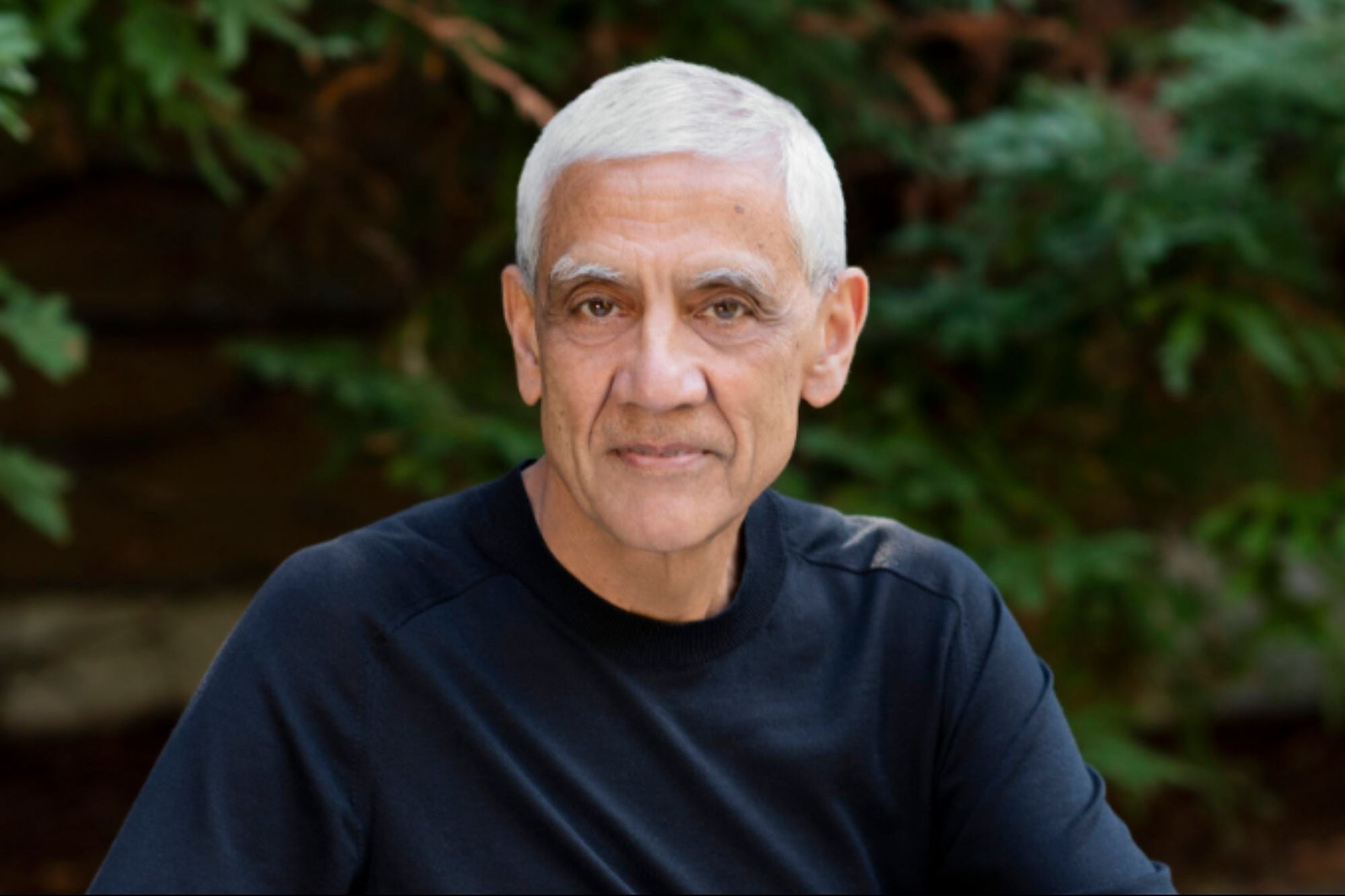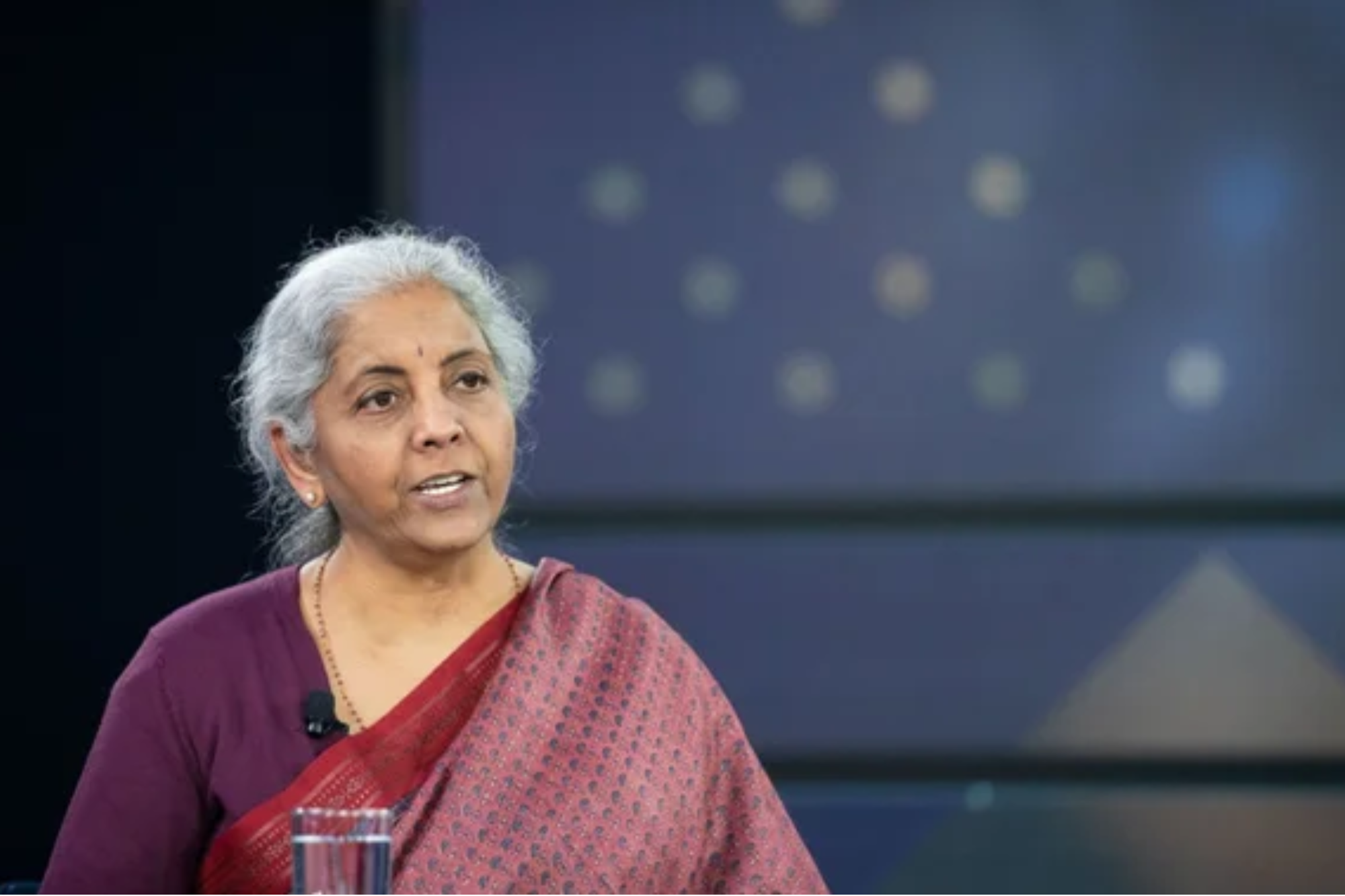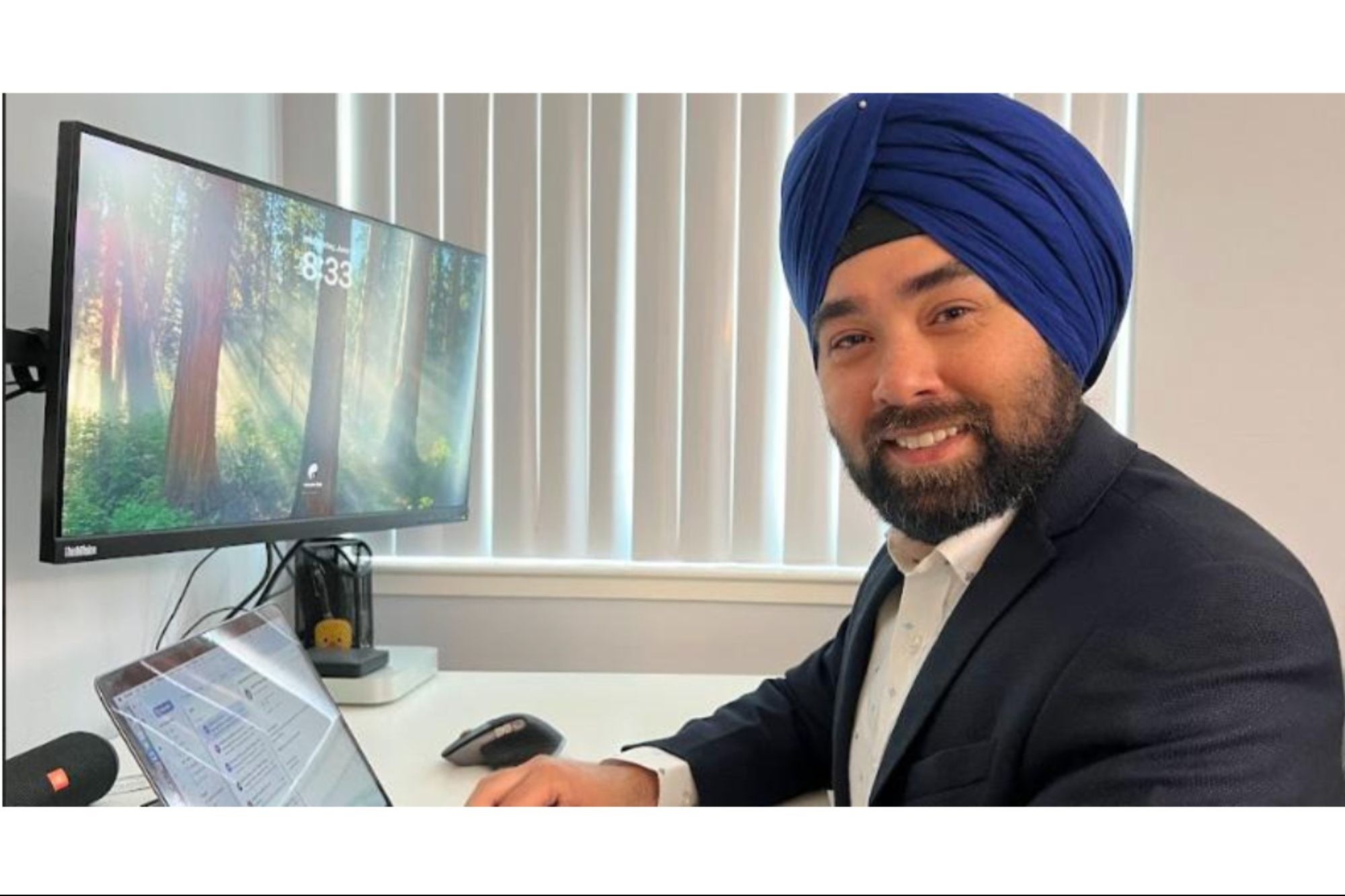Vinod Khosla's AI Vision: From Economic Disruption to a Future of Universal Basic Services Though excited by AI's potential, Khosla acknowledged the complex challenges of job displacement, income inequality, and global policy gaps
You're reading Entrepreneur India, an international franchise of Entrepreneur Media.

Legendary entrepreneur, investor, and technologist Vinod Khosla, co-founder of Sun Microsystems and founder of Khosla Ventures was the first VC to invest in OpenAI in 2019, acquiring a 5 per cent stake for USD 50 million. In a recent conversation with Nikhil Kamath on People by WTF, Khosla outlined a radical, optimistic vision for artificial intelligence and its transformative role across society, economy, and governance.
From economic efficiency to social choice
Khosla believes AI fundamentally disrupts capitalism's traditional engine of growth: efficiency. If AI can deliver high-quality education, healthcare, legal advice, and financial planning at near-zero marginal cost, then the economic model undergoes a seismic shift.
"Efficiency's role will decline. So, how you give the benefits of these technologies to everybody becomes a social choice, not a technology one," he said.
Khosla pointed to India's Aadhaar and UPI stack as a model for how governments could deliver AI-enabled services at scale. "If I were PM Modi, I'd spend every effort to make AI-based services common infrastructure just like UPI replaced Visa and Mastercard."
Decentralisation and de-urbanisation
Revisiting his early essay on the "Bicycle Commute Economy," Khosla said AI could reverse mass urbanisation by making high-quality services accessible in smaller cities and rural areas.
"With AI, you don't have to live in a mega city to access education, healthcare, or legal services. That could solve social issues like broken families, migration stress, and isolation."
When asked whether he would bet on urbanisation or de-urbanisation in the coming decade, he was unequivocal. "De-urbanisation is clearly a better policy."
Khosla believes the future demands not just Universal Basic Income but Universal Basic Services powered by AI. "Imagine every Indian having access to a personal tutor, lawyer, and doctor better than what a billionaire could afford today, all for under a dollar a month. It's not a pipe dream, it's a no-brainer," he stressed.
He envisions a future where India's poorest could receive world-class cardiac care, therapy, and legal assistance without ever leaving their village.
Sovereign AI and data control
Khosla also underscored the importance of sovereign AI systems for countries like India. "That's why we invested in Sarvam in India and Sakana in Japan. Regions must have control over their own AI systems and data."
While many advocate for stronger user control over personal data, Khosla believes most people are willing to trade data for high-quality, personalised services, as long as the value exchange is fair.
"Yes, your data creates value, but you also get more than your share in return like getting USD 600 in value while companies make only USD 50 off you."
A deflationary future driven by AI
Khosla painted a radical vision of economic deflation driven by abundant digital services.
"If AI does most of the work, you'll have excessive production and deflation. By 2050, USD 10,000 could buy what USD 50,000 buys today. That's the future AI makes possible."
In such a world, traditional pricing models collapse. "If you can generate a billion doctors overnight, each becomes nearly free," he said, adding that marginal utility economics may give way to abundance economics in digital domains.
Career advice and AI concerns
When asked where a 22-year-old should place their bets, Khosla said, "It almost doesn't matter where you start. What matters is building flexibility, first-principles thinking, and keeping your lens wide. Compound your learning just like interest."
He believes that within the next three to five years, AI will be capable of doing 80 per cent of the work involved in most jobs.
"Almost certainly, there isn't a job where AI won't be able to do 80 per cent of it. In ten to fifteen years, even a heart or brain surgeon could be outperformed by AI, though regulation might hold that back," he said.
Rather than fear this inevitability, Khosla urges young people to prepare by embracing adaptability. "The most important skill is not becoming a specialist in one domain. It's learning how to learn, staying dynamic, and building broad, foundational knowledge. Be a generalist, not a specialist. And above all, never stop learning."
Though excited by AI's potential, Khosla acknowledged the complex challenges of job displacement, income inequality, and global policy gaps.
"Some form of income redistribution by 2050 will be absolutely essential. But how we get there—through UBI, public services, or other mechanisms will differ by country."
He also pointed out that regulation often lags behind innovation, especially in domains like AI doctors or AI judges. But he believes that once such systems prove themselves to be better than humans, resistance will eventually disappear.










